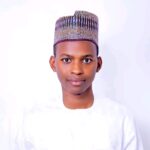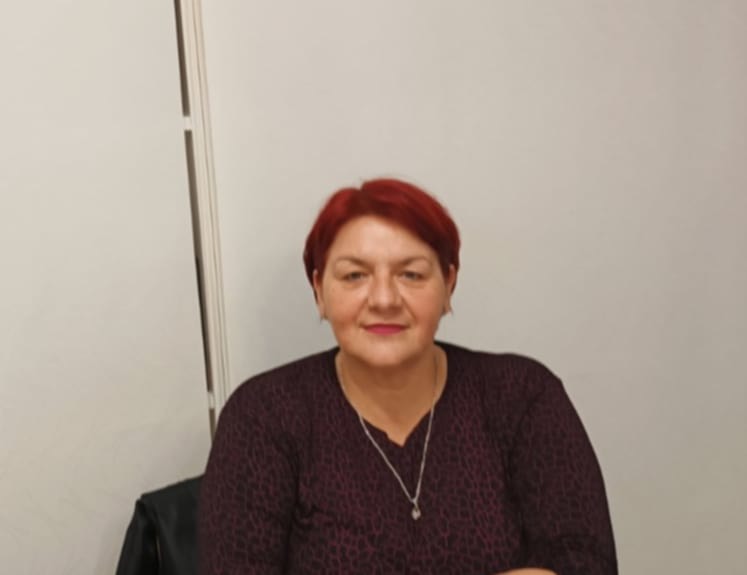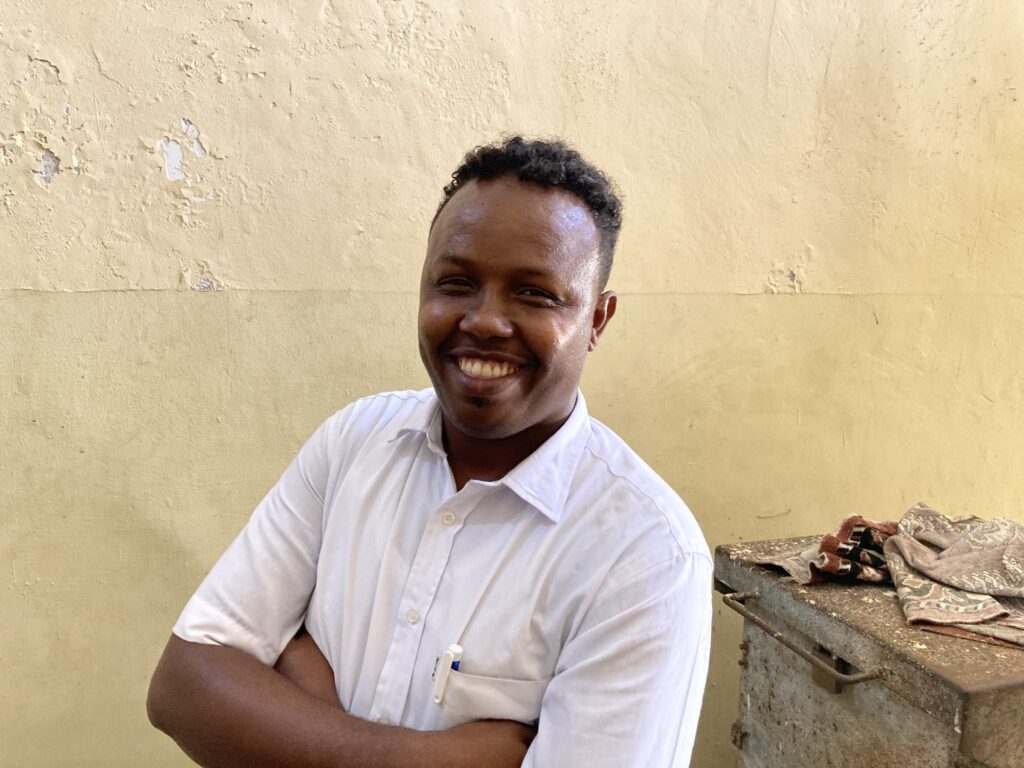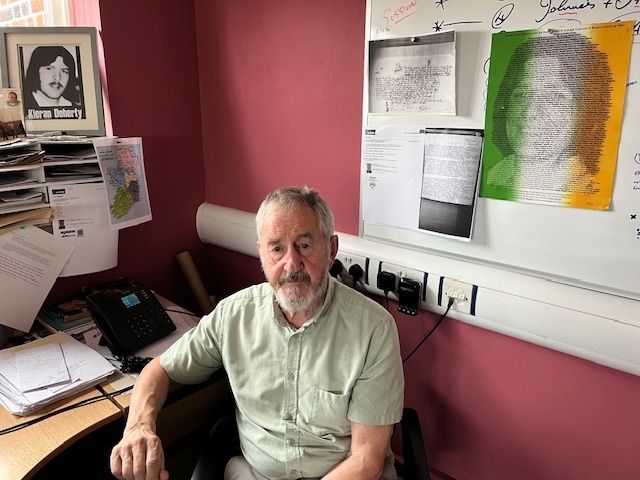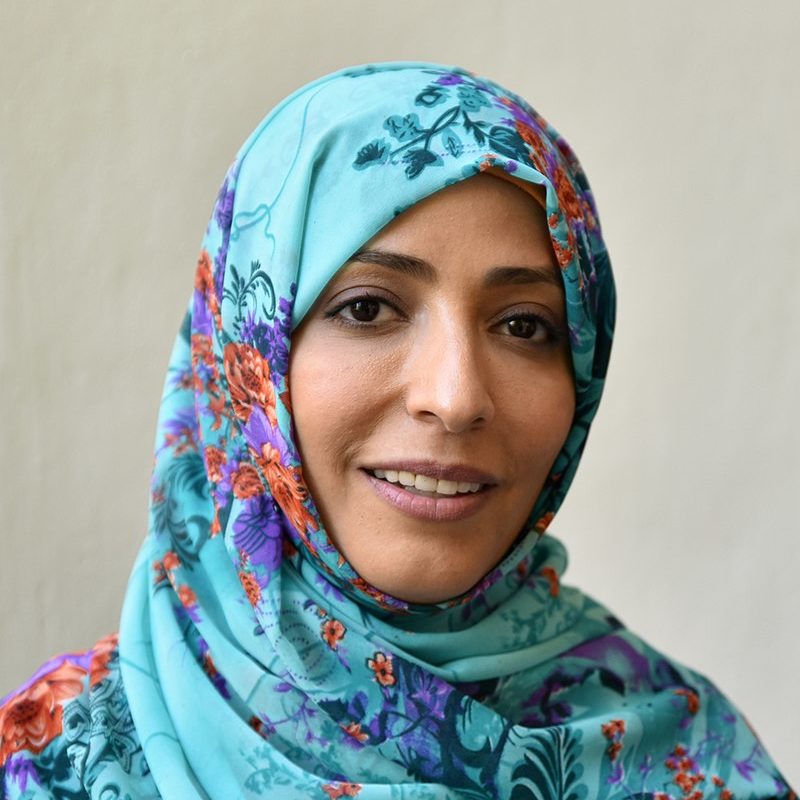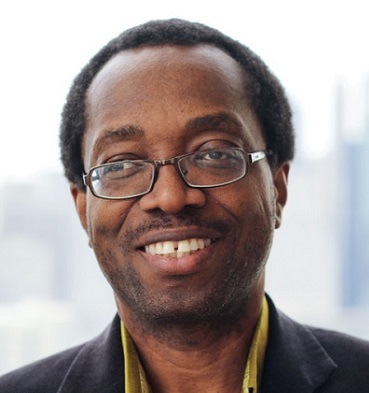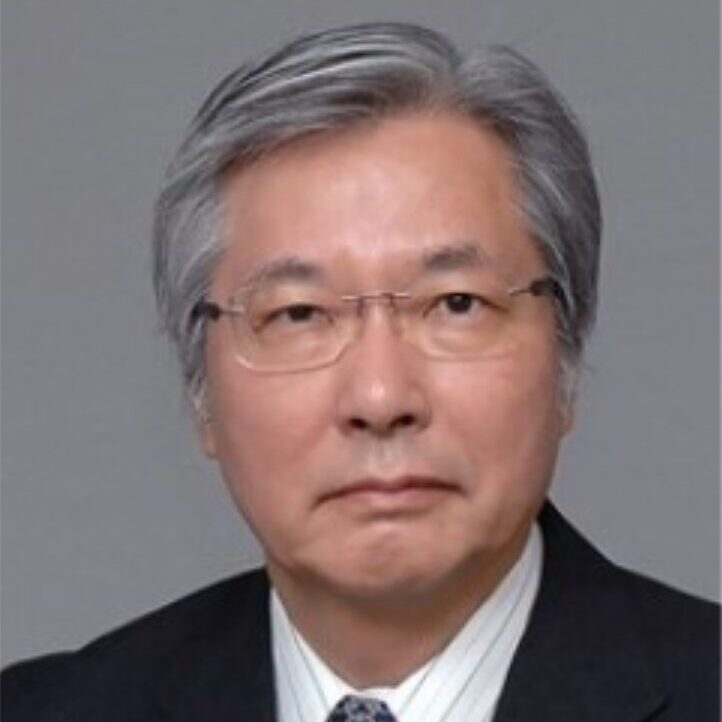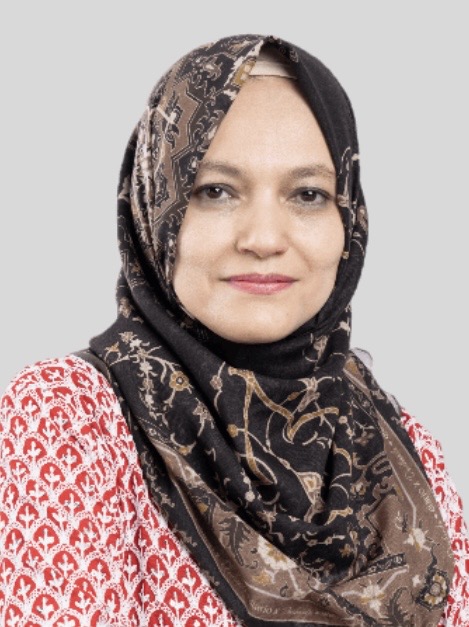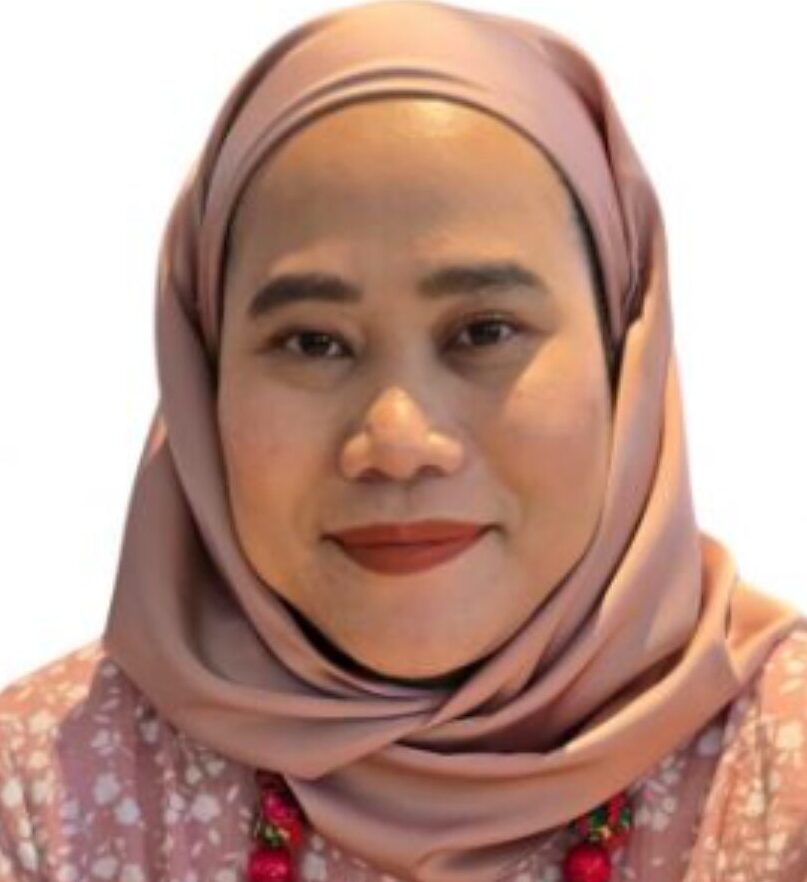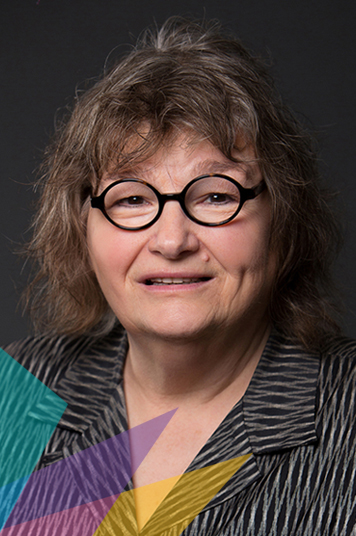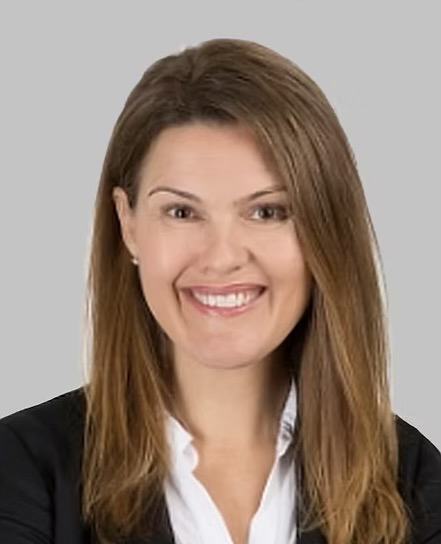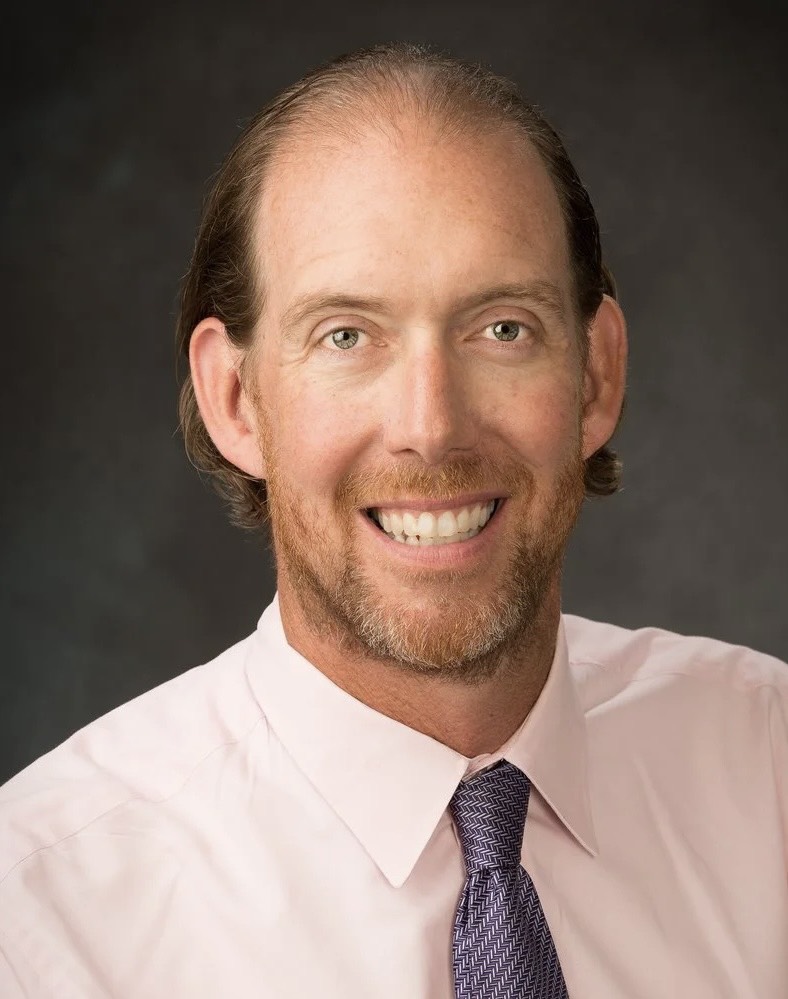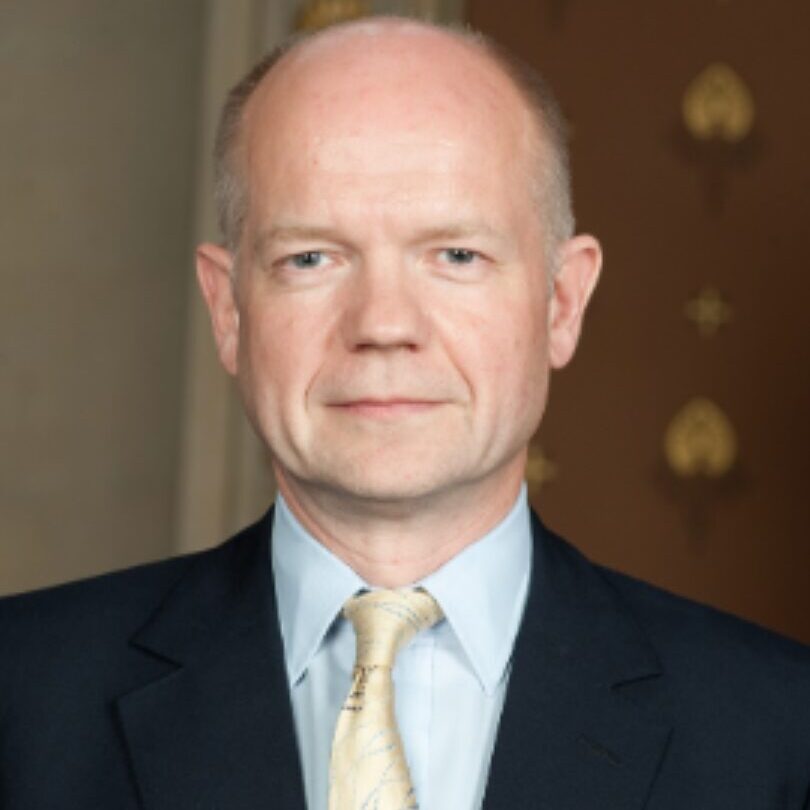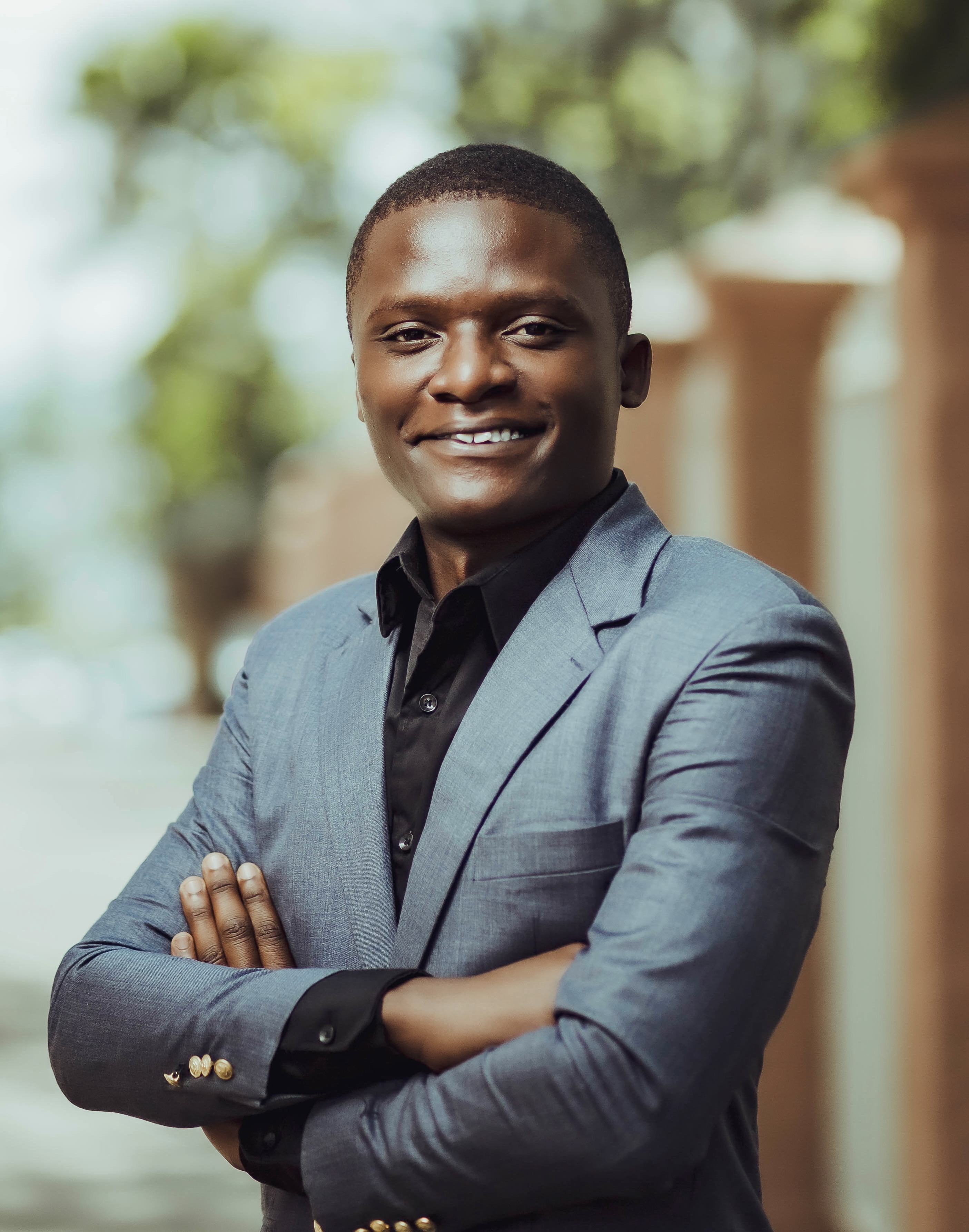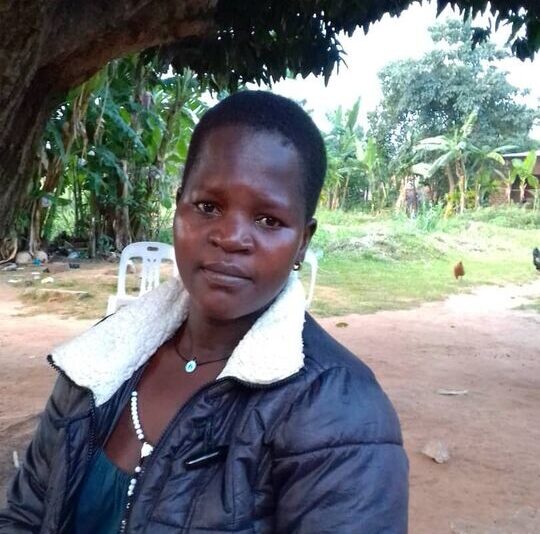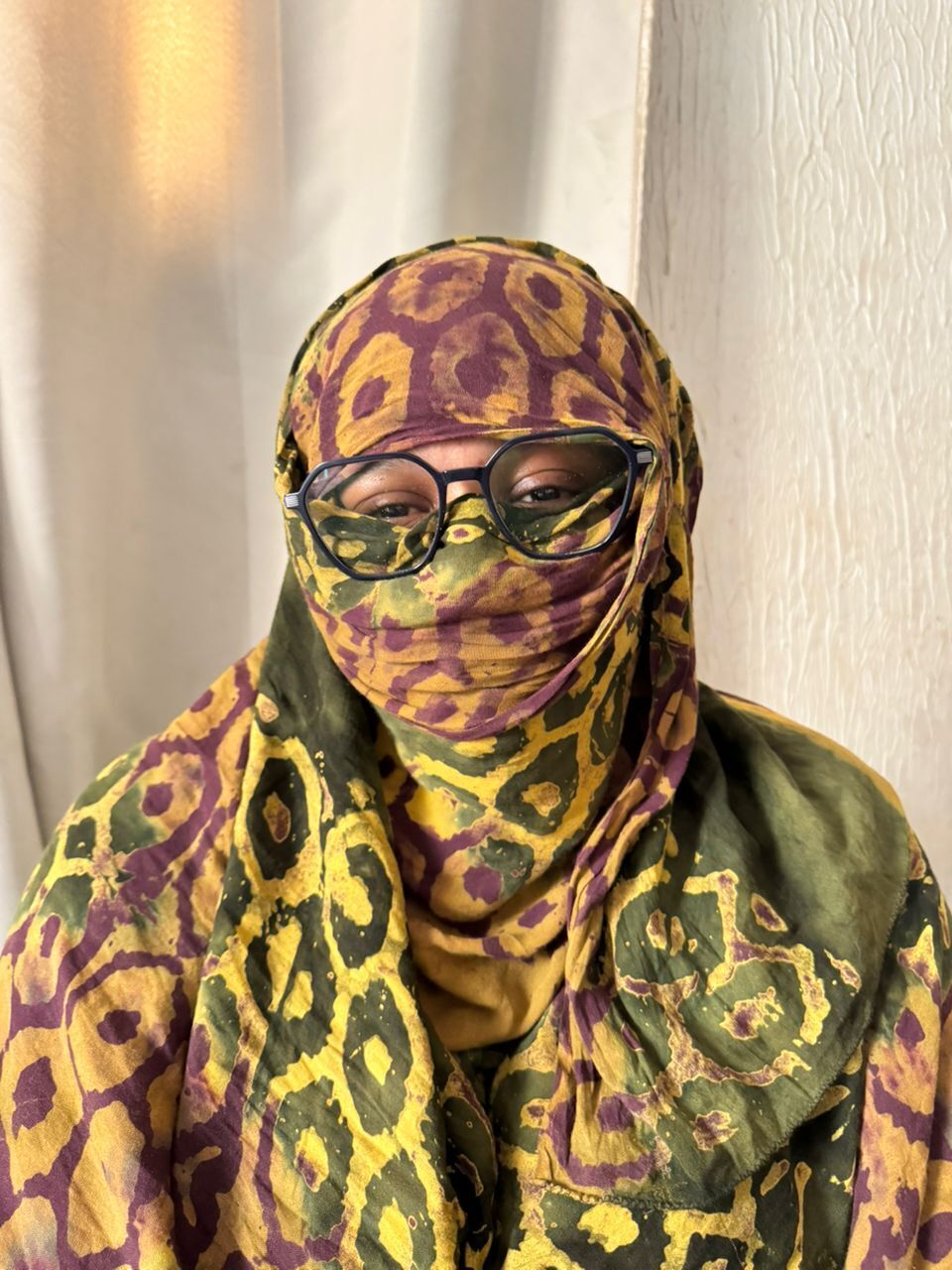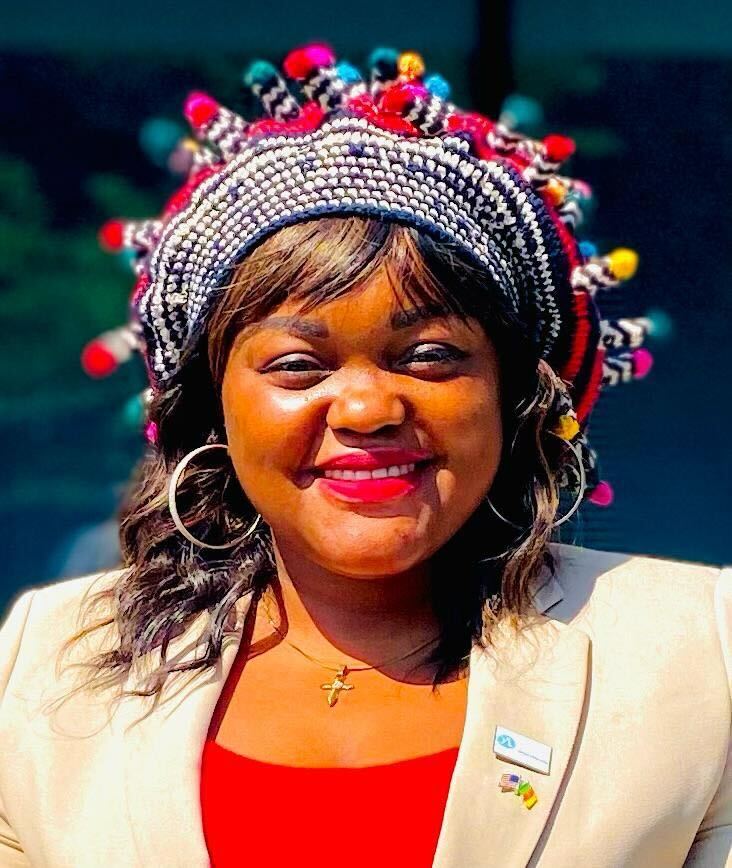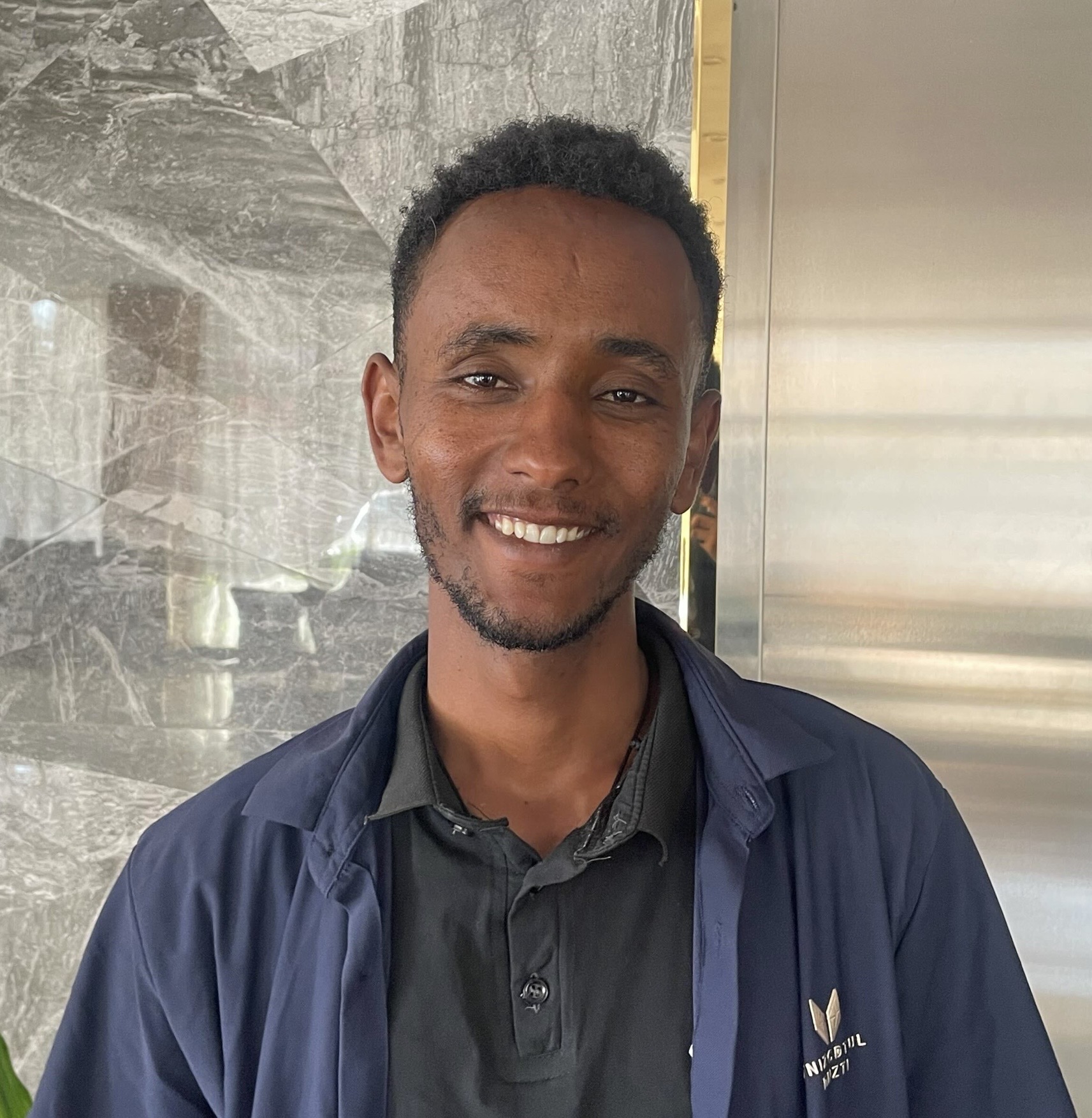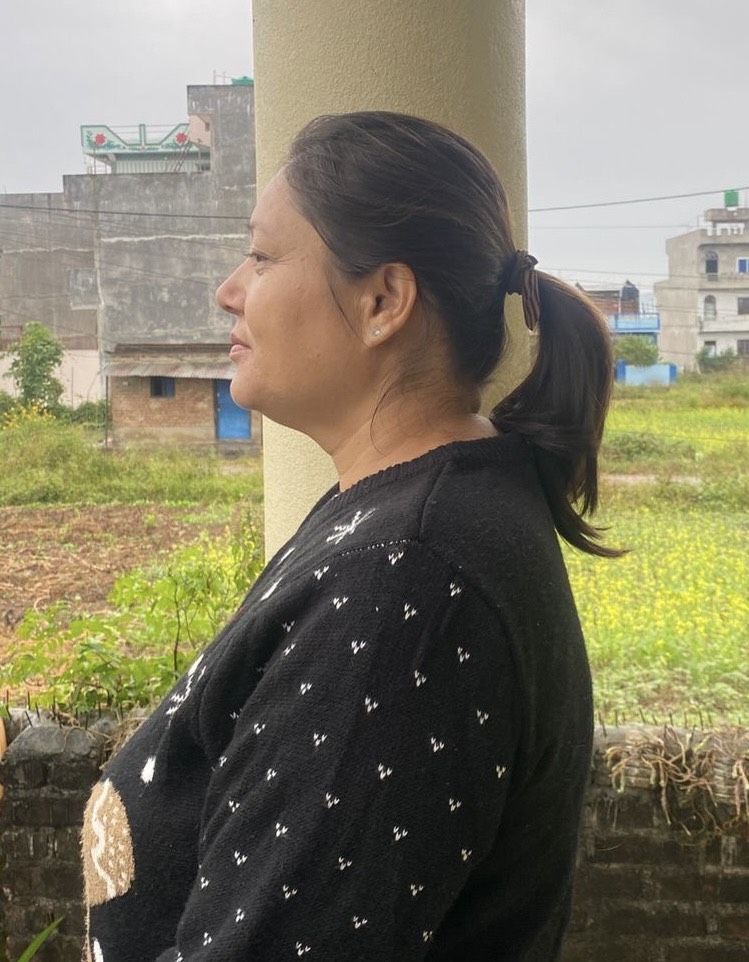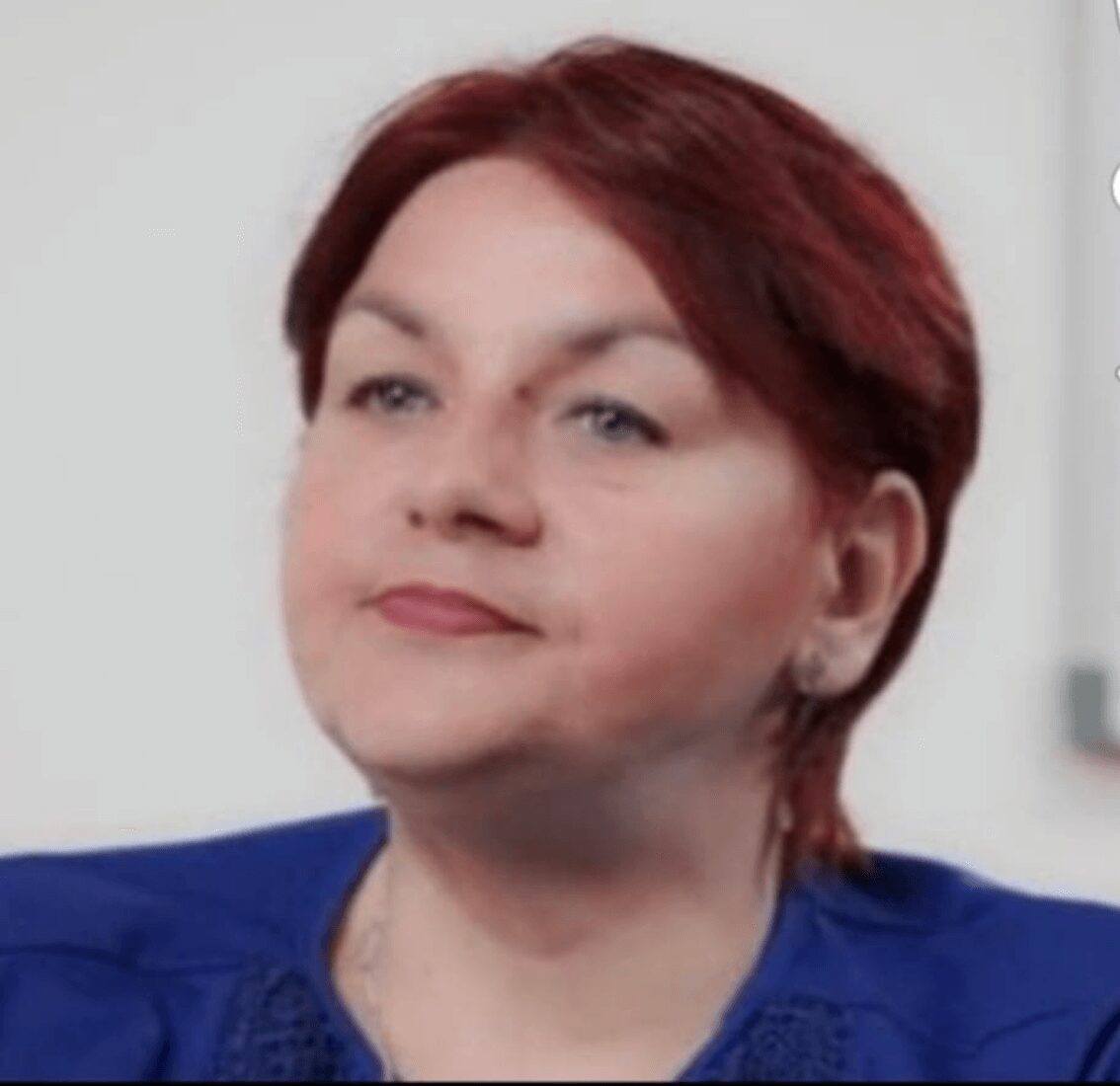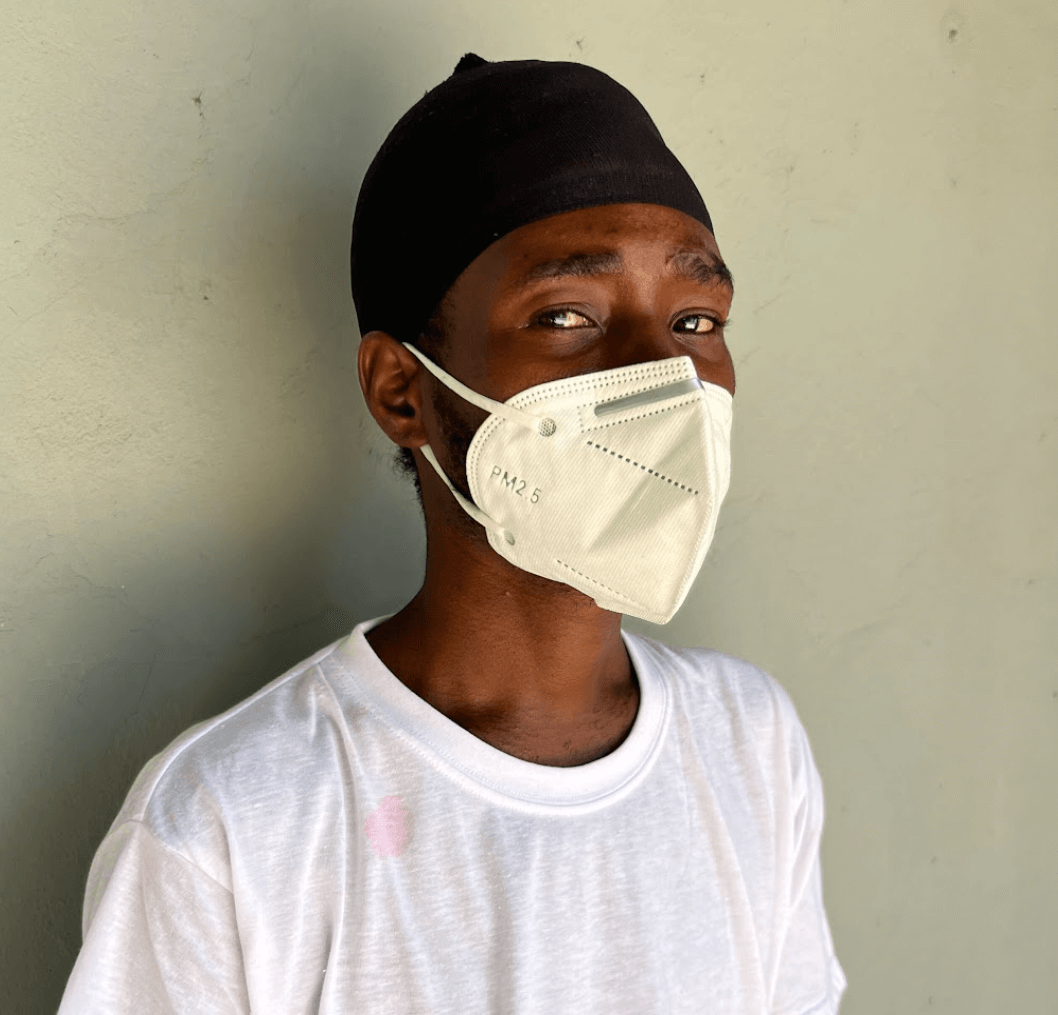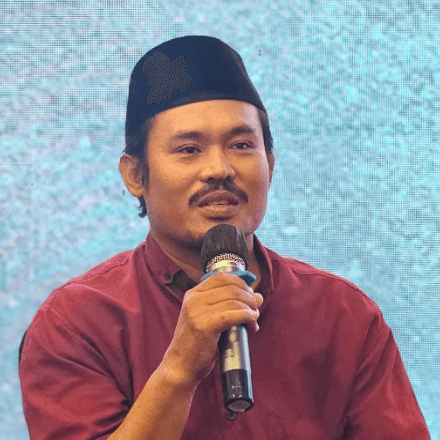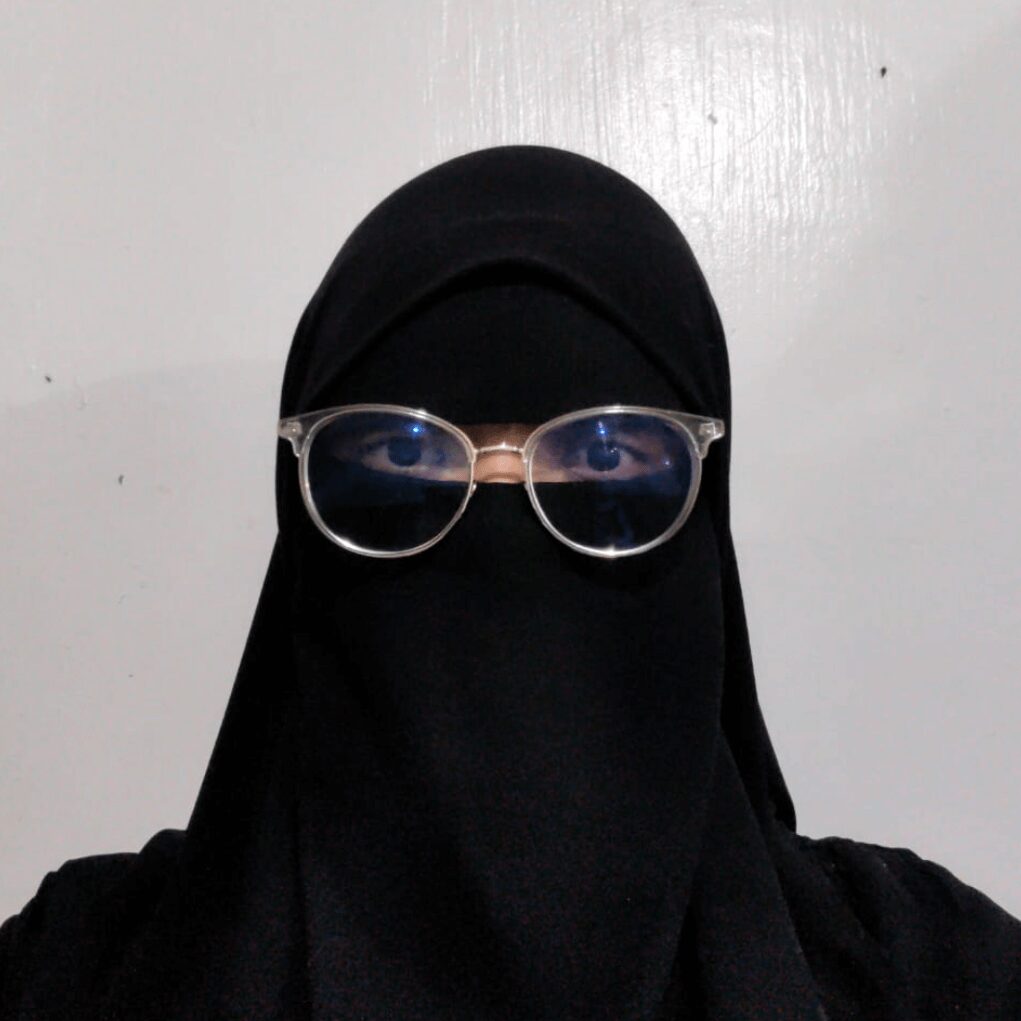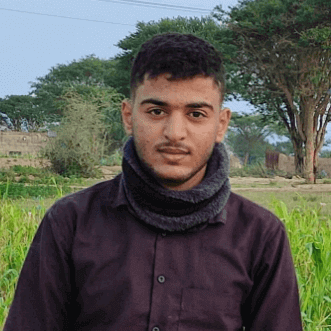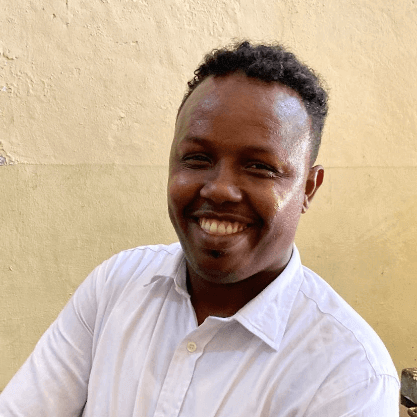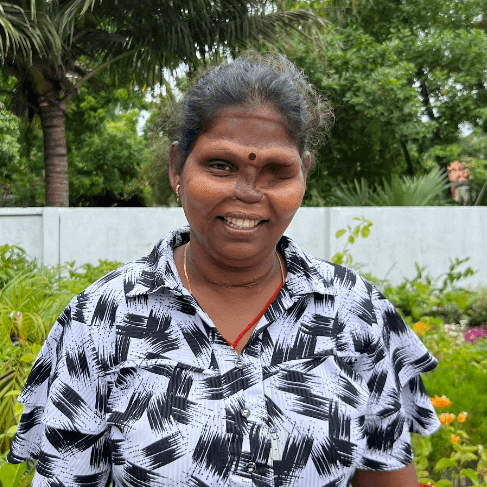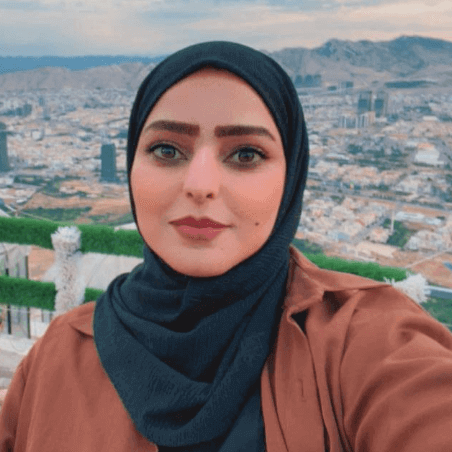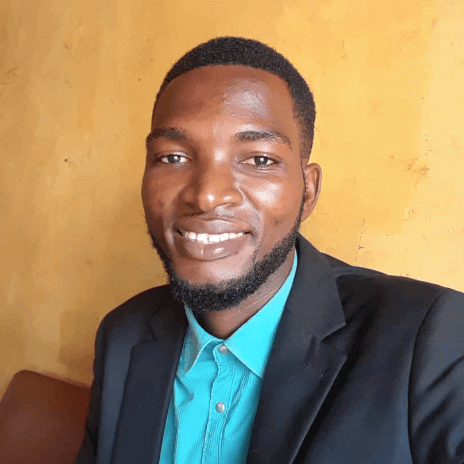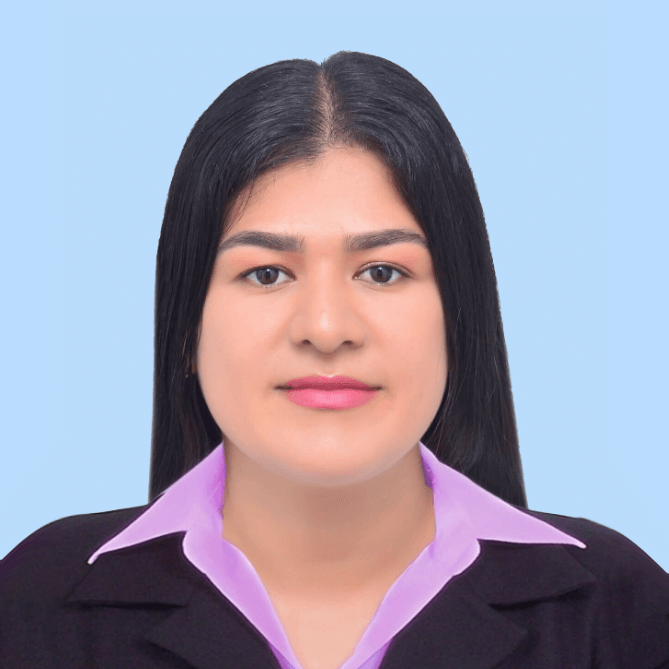I was born and raised in Gombe, in Northeastern Nigeria, a region that has spent more than a decade enduring the devastating impact of Boko Haram and, more recently, Islamic State West Africa Province (ISWAP). In this part of the country, explosions once replaced school bells. Children learned how to flee before they learned how to read. Conversations were laced with silence, and hope, when it appeared, was often hidden beneath layers of fear.
Growing up in this reality shaped me deeply. I witnessed how youth were pulled into violence, some by force, others by circumstances. I saw families disappear without explanation. I saw the quiet, painful resilience of survivors who bore memories they couldn’t speak aloud. Yet alongside the trauma, I also witnessed the strength of communities: teachers holding classes under trees, mothers rebuilding homes with their bare hands, and young people protecting slivers of joy however they could.
This backdrop did more than influence me, but called me to action. I became a writer, an activist, and eventually a law student not out of distant academic interest, but out of lived necessity. I needed to understand why peace was so fragile, why reintegration efforts often felt incomplete, and whether law could offer something more than punishment. I wanted to believe that justice could mean healing. I still do.
That belief led me to study and engage with programs like Operation Safe Corridor (OPSC), Nigeria’s official deradicalization and reintegration initiative for former youth combatants who voluntarily surrender. Based in a rehabilitation camp in Mallam Sidi, just miles from my home, OPSC represents a vision of justice rooted in transformation. Through vocational training, psychosocial support, and religious reorientation, it seeks to offer youth a second chance, not only to rebuild their own lives but to rejoin and contribute meaningfully to their communities.
This approach resonates deeply with me. It’s a reminder that the law can do more; it can build bridges. Reintegration programs like OPSC, when supported by legal frameworks and guided by empathy, hold the power to turn stories of conflict into stories of redemption.
My journey into peacebuilding is fueled by personal experience, but also by the stories I have encountered along the way. Stories of former combatants who now run small businesses, of girls who escaped captivity and now mentor others, of communities slowly learning to trust again. These are not headlines; they are quiet revolutions. They show that peace is not made in declarations, it is made in conversations, in courage, in persistence.
My work centers on using legal research and policy advocacy to support reintegration efforts in Nigeria, particularly by promoting inclusive, youth-sensitive frameworks. I advocate for legal structures that reflect the reality on the ground, ones that involve communities, address gender disparities, and ensure long-term sustainability.
Beyond research, I have facilitated youth dialogues, trained young women, and led programs focused on civic engagement and social justice. These experiences have reaffirmed one core truth: young people are not just victims of conflict. We are agents of change.
My story is still being written. I am still studying, still listening, still learning. But I am committed to law as a tool for peace, to reintegration as a path toward healing, and to hope as a force greater than fear. This is not just my work. It is my life. And I believe it’s one worth sharing.
Disclaimer: The views, information, or opinions expressed in this article are those of the author and do not necessarily represent those of Global Taskforce for Youth Combatants and Accept International.
